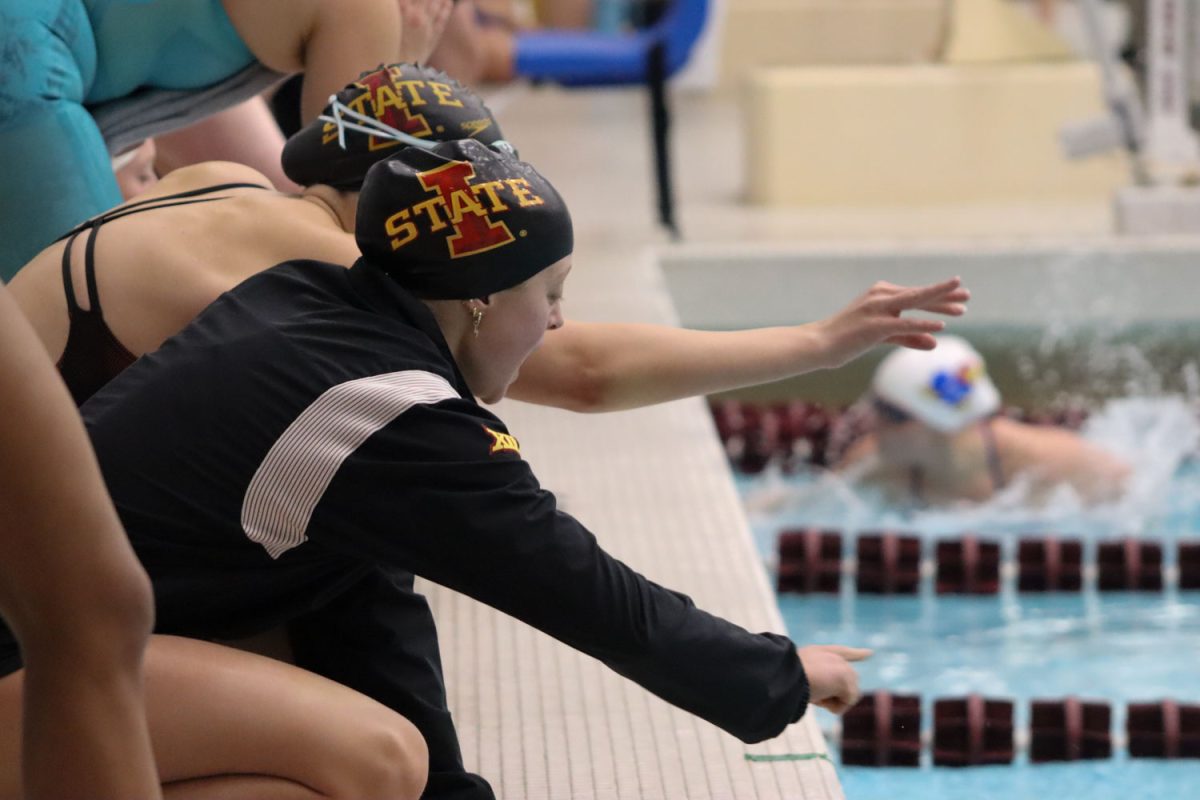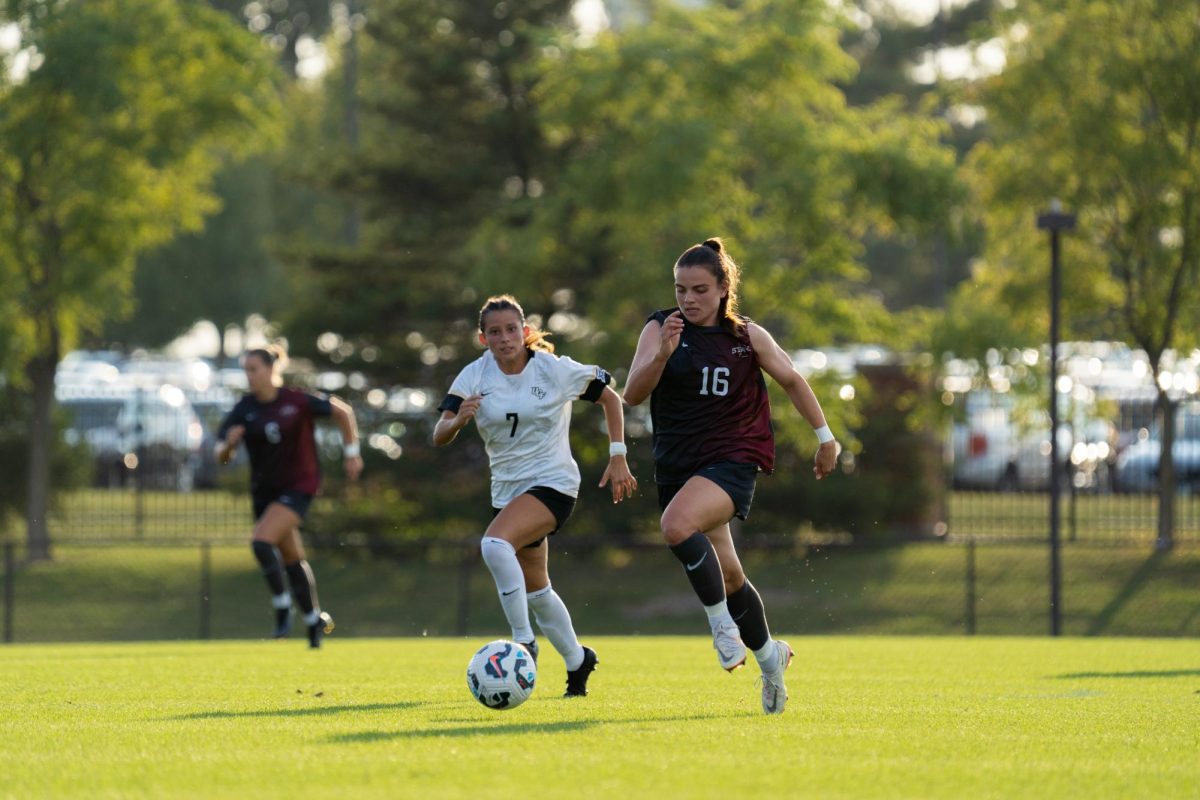‘Financially eligible’ students benefit from college work study
July 13, 1999
For many college students, summer is a time for making money, not attending classes, but at Iowa State, students have the opportunity to do both.
Summer College Work Study (CWS) is a program that enables employers to hire students and pay 30 percent of the student’s regular wage. Federal and state funding pick up the other 70 percent. This provides more money for employers to use in other areas.
“It is a good deal for both employers and students,” said Ann Wessman, program coordinator for the Student Employment Center.
“Employers like it because they do not have to budget as much money for student employees,” she said.
Students benefit as well, Wessman said.
“Many students find on-campus work study jobs in their field of interest, and they get to work for employers who are generally more conscious of schedules and exams,” she said.
However, students must be “financially eligible” in order to get a work study job.
According to the ISU Student Employment Center, CWS is provided for students who are taking at least three summer credits from ISU, who have filled out the Free Application for Federal Student Aid (FAFSA) and who show financial need by filling out the Summer Financial Aid Application.
“The summer application is not long at all,” said Angel Reihsen, a work study student. “It takes about two minutes to fill out.”
Once a student is eligible, finding a job on the employment center job board is the next step.
“There are still jobs available, and we can still fund students who qualify,” Wessman said.
Work study allows many students to stay on-campus while working.
“What I like most is that my job is flexible with my classes,” said Leslie Peterson, a work study student. “I work between classes and around exams, which most normal, off-campus jobs would not let me do.”
Besides flexibility, work study provides interaction between students and university employers, Reihsen said.
“I have made so many connections on campus,” she said. “It has definitely been worth it.”
Summer CWS permits students to work up to 40 hours per week. During the fall and spring semesters, students may only work 20 hours per week.
“It’s nice because in the summer, I can enjoy myself and still have enough income coming in to pay the bills,” Peterson said.






